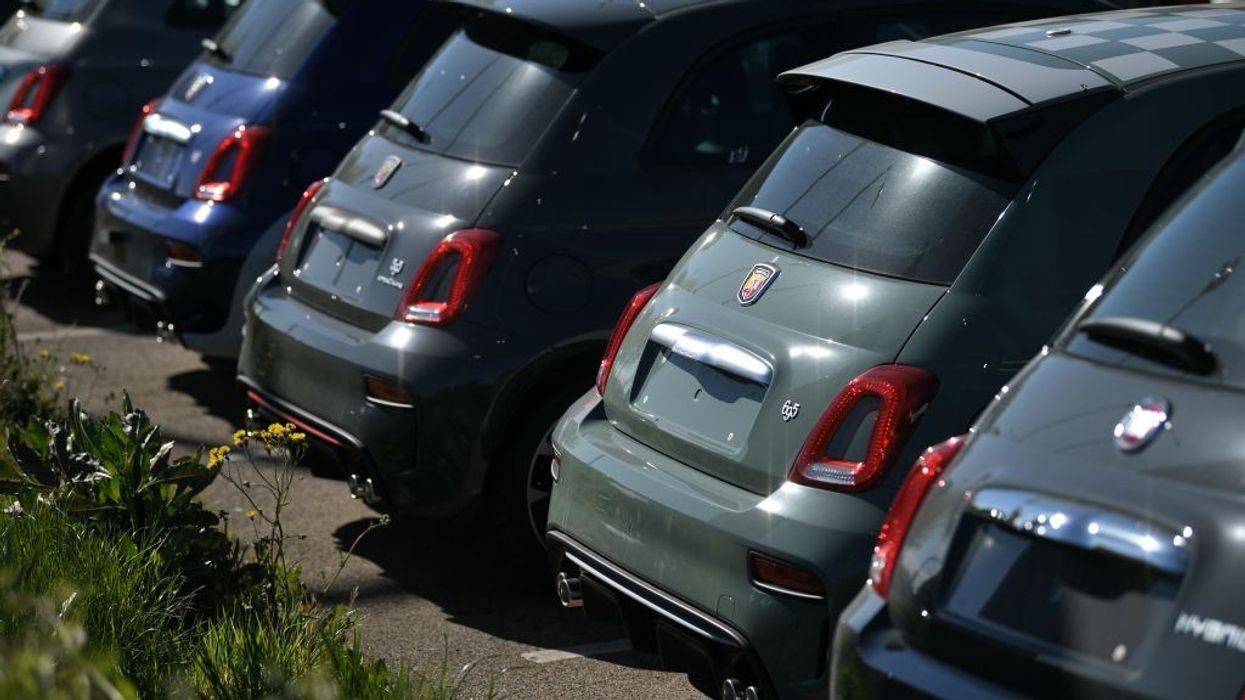BRITISH car output fell to its lowest level since 1984 last year after the Covid-19 pandemic shut factories and hurt demand, an industry body said on Thursday(28), as a decision on keeping open the Vauxhall car factory looms.
A total of 920,928 cars rolled off production lines in 2020, down 29 per cent on 2019, according to the Society of Motor Manufacturers and Traders, as some plants shut for several months and many still run at below-normal levels.
"These figures, the worst in a generation, reflect the devastating impact of the pandemic on UK automotive production, with Covid lockdowns depressing demand, shuttering plants and threatening lives and livelihoods," said SMMT chief executive Mike Hawes.
Investment, however, was a bright spot, rising to £3.2 billion ($4.4bn), the highest figure since 2014, due largely to plans by startup Britishvolt to build a battery gigafactory in northern England.
Jaguar Land Rover saw its British output fall 37 per cent to 243,908 cars as Nissan overtook it to become the country's biggest automotive maker, producing 245,649 vehicles at its Sunderland site in North East England , according to SMMT figures.
Output is only expected to recover slightly to 1 million vehicles in 2021, as the effect of the coronavirus continues and Honda's Swindon factory, which made nearly 70,000 vehicles in 2020, permanently closes.
Earlier this month, Carlos Tavares, the chief executive of Vauxhall's parent company, warned about the future of its Ellesmere Port factory in northern England, where it makes the Vauxhall/Opel Astra.
He called on prime minister Boris Johnson's administration to show willingness to protect the sector. A decision on whether the site will build new vehicles or close is due in the next few weeks.
"As far as the government is concerned, it will want to try and sustain and do everything it can to help secure that future investment, having backed the sector in the (Brexit) negotiations with Europe," said Hawes.





